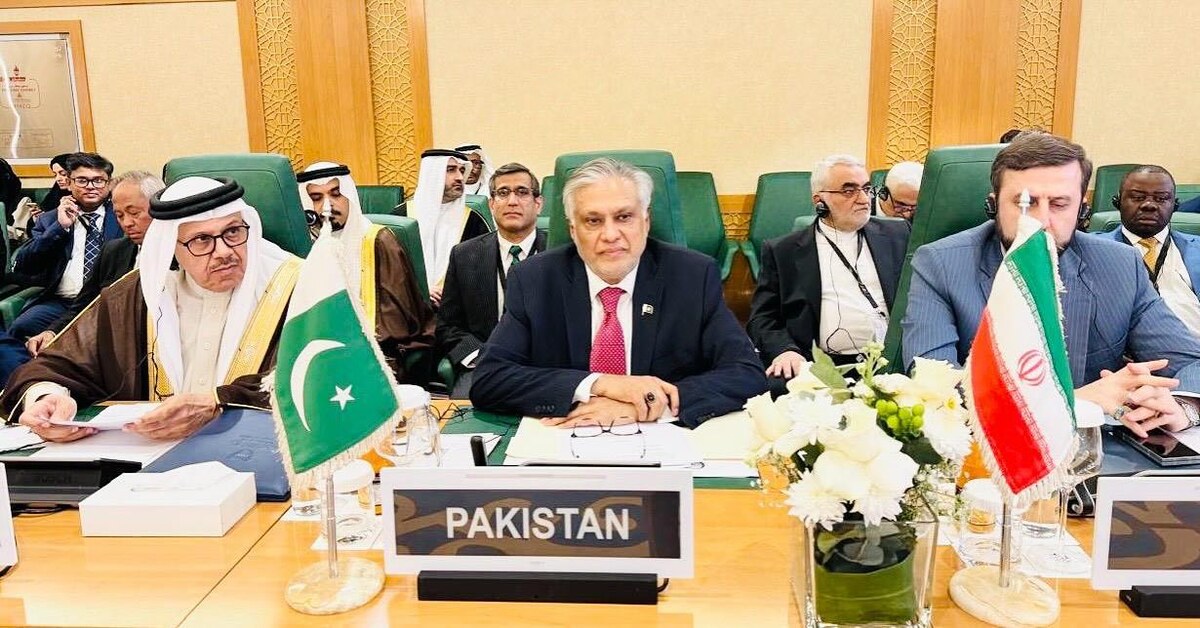ISLAMABAD: The government in Pakistan-administered Azad Kashmir on Sunday invited protesters for talks, a day after demonstrators demanding subsidized wheat flour and cheaper electricity clashed with police, resulting in one cop getting killed and multiple injured.
The clashes erupted between police and supporters of the Jammu Kashmir Joint Awami Action Committee (JAAC) in various parts of Azad Kashmir on Saturday. One cop was killed when he succumbed to a gunshot wound to the chest while at least 90 were injured in the clashes. The protests turned violent when police attempted to stop a rally headed for Azad Kashmir capital Muzaffarabad via Kotli and Poonch districts.
JAAC representatives said protesters are demanding the provision of electricity as per hydropower generation cost in Azad Kashmir, subsidized wheat flour, and an end to privileges enjoyed by the country’s elite.
“The situation is currently peaceful and under control, and we are trying to settle issues through talks,” Abdul Majid Khan, a spokesperson of the Azad Kashmir government who is also its finance minister, told Arab News.
“We have invited the action committee to come and sit with us for dialogue on all their demands.”
Khan warned that no one would be allowed to take the law into their hands, emphasizing that the government has exercised significant restraint as it recognizes that traders are also patriotic residents of the self-governed area.
The minister said the government had exercised restraint despite protesters killing a police officer and injuring another 35 others in Mirpur yesterday (Saturday).
“While no civilian death is reported so far, there is one incident where a protester fell in a ditch while escaping from police but he was also rescued,” Khan said. He lamented that protesters also set fire to three vehicles before police used limited tear gas to disperse them.
Khan said the government has engaged in dialogue with JAAC before, adding that while some issues were resolved, others are related to legislation but work has already begun on addressing them.
“The government has signed an agreement with the action committee on February 4, 2024, which contained 10 points out of which six have already been implemented and work on the remaining is ongoing as it involved legislation and cooperation of Pakistan’s federal government,” he added.
Khan said JAAC had later added a few more demands to the earlier agreement.
“In Pakistan, the domestic rate of electricity is around Rs30 per unit whereas in AJK, it is Rs18 per unit,” the minister said. “Additionally, Pakistan’s electricity bill incurs around 10 types of taxes, while AJK’s bill has only four taxes.”
Khan said the government is providing wheat in Azad Kashmir at Rs3,100 [$11.16] per 40kg which is already heavily subsidized and cheaper than in Pakistan’s most populous Punjab province, where wheat is primarily produced.
He warned protesters against playing into the hands of Pakistan’s arch-rival India.
“As there are elections ongoing in a neighboring country [India] and they will also like to benefit from the situation in Azad Kashmir if it is not peaceful,” he added.
The Himalayan region of Kashmir has been a flashpoint between India and Pakistan since 1947 when the two countries gained independence from British colonial India. Two out of the three wars fought between the arch-rivals have been over Kashmir.
Both countries claim the territory in full but administer parts of it. The western portion of the larger Kashmir region is administered by Pakistan as a nominally self-governing entity.
JAAC core committee member Amjad Ali Khan accused the government of deviating from the February agreement, alleging it had withdrawn the notification after issuing it earlier this year.
“The government signed an agreement with us in February, issued a notification about it, and then reneged on the agreement,” he told Arab News.
He said the government compelled people to protest as it had not listened to their legitimate demands.
“Our core committee is meeting today to decide on the future course of action, and we will act accordingly regarding the future of talks with the government,” the JAAC activist said.















